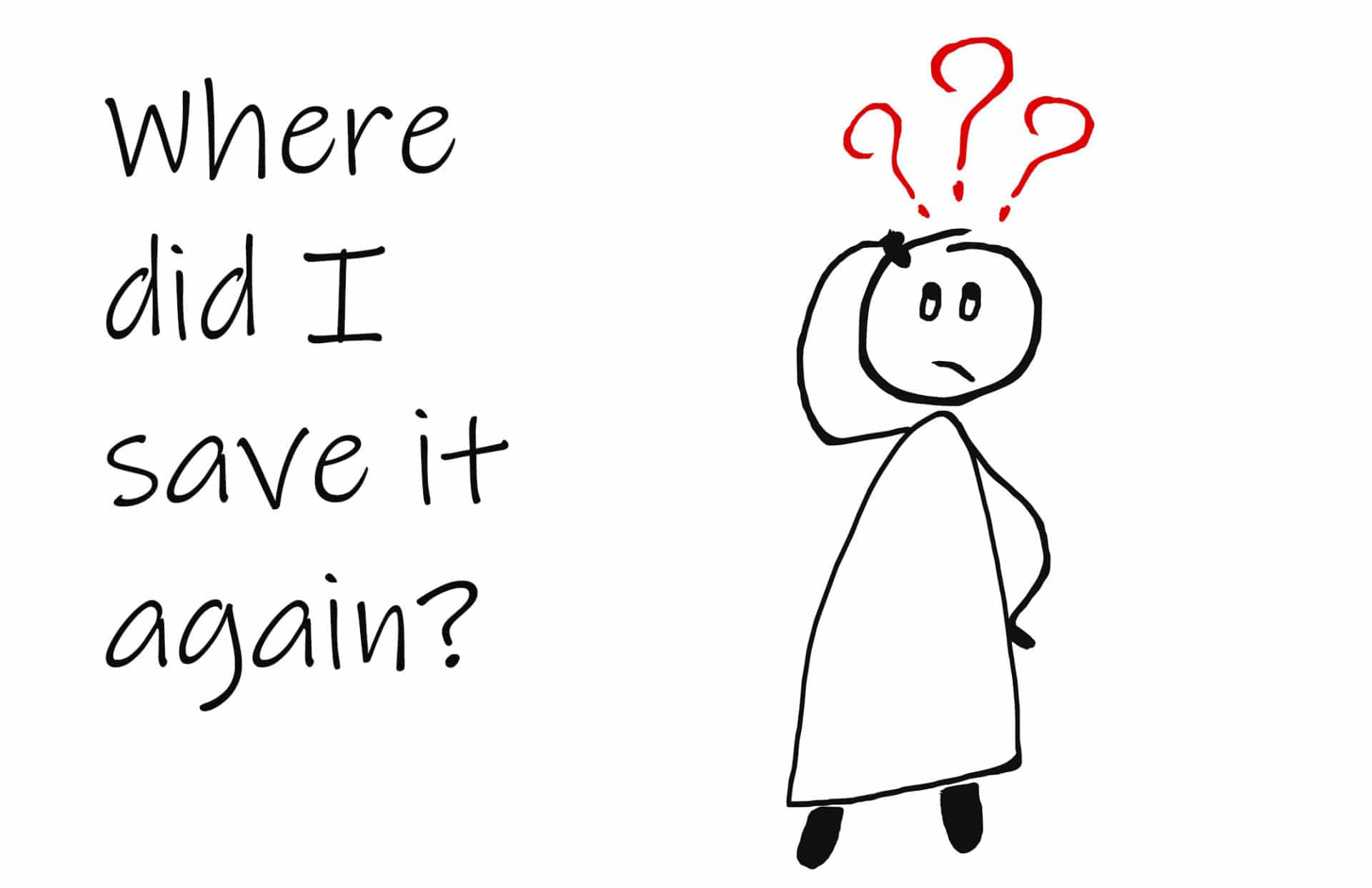The thought of “When did I get old?” often sneaks up on us unexpectedly. One day, you’re chasing dreams with boundless energy, and the next, you’re noticing subtle changes in your body, mind, and even your surroundings. It happens to everyone, yet the realization can feel startling, almost as if time pulled a fast one on us. But growing older is not just about aging—it’s about embracing the wisdom, growth, and memories that come with time.
As we age, life often feels like a collection of fleeting moments. Maybe it was the first time you couldn’t keep up with the latest trends, or perhaps it hit you when you saw your reflection and noticed a wrinkle or two. Aging is a natural process, yet it’s one we seldom prepare for mentally. Many ask themselves, “When did I get old?” with a mix of nostalgia and curiosity. The truth is, aging is as much about perception as it is about biology.
In this article, we’ll explore every facet of this profound question. From understanding the subtle signs of aging to embracing the beauty of growing older, we’ll dive deep into the heart of what it means to age gracefully. Whether you’re dealing with physical changes, emotional reflections, or societal expectations, let’s unpack this universal experience together and find the silver lining in the passage of time.
Read also:John Boothe The Inspiring Story Of Jill Kinmonts Husband
Table of Contents
- What Is Aging?
- When Did I Get Old: The Moment of Realization
- What Are the Physical Changes That Come With Aging?
- Emotional Reflections on Growing Older
- How Does Society Shape Our View of Aging?
- What Are the Key Milestones That Make Us Feel Older?
- Tips for Embracing Aging Gracefully
- How Does Aging Affect Mental Health?
- How Do Relationships Evolve as We Age?
- Does Aging Change Our Career and Sense of Purpose?
- How to Stay Active and Healthy as You Age?
- What Legacy Do You Want to Leave Behind?
- How to Overcome the Fear of Aging?
- Frequently Asked Questions
- Conclusion
What Is Aging?
Aging is an inevitable biological process that starts the moment we’re born. It encompasses physical, mental, and emotional changes that occur as we go through life. While many associate aging with wrinkles, gray hair, or diminished energy, it’s much more than that. Aging reflects our journey through life, marked by experiences, lessons, and personal growth.
Biologically, aging results from the gradual decline of cellular functions. Over time, our bodies repair themselves less efficiently, leading to visible signs like slower metabolism, reduced skin elasticity, and changes in muscle mass. However, aging also brings positive aspects, such as emotional maturity, wisdom, and a deeper understanding of oneself and others.
Different Types of Aging
Aging isn’t just a physical phenomenon. It can be categorized into three main types:
- Biological Aging: Refers to the physical changes in our bodies, such as weakening bones or slower recovery rates.
- Psychological Aging: Encompasses changes in our thinking, memory, and emotional well-being.
- Social Aging: Relates to how society views and treats individuals as they age, often influenced by cultural norms and expectations.
When Did I Get Old: The Moment of Realization
For many, the question “When did I get old?” arises during a moment of quiet reflection. It could be triggered by a milestone birthday, noticing your first gray hair, or struggling to understand a new pop culture trend. But what does it really mean to feel “old”?
This moment of realization often varies by individual and is heavily influenced by one’s experiences, environment, and mindset. Some people feel older when they experience significant life events, such as becoming a grandparent or retiring. Others feel it when their physical capabilities or energy levels noticeably decline.
Signs That Make You Ask, "When Did I Get Old?"
Here are common triggers that might make you ponder this question:
Read also:Hdhub4u South Movie Hindi Dubbed A Comprehensive Guide To Enjoy Regional Cinema
- Struggling to recover from physical exertion or illness as quickly as before.
- Feeling disconnected from younger generations or their cultural references.
- Noticing shifts in your priorities, such as valuing comfort over style.
- Reflecting on how much time has passed since major life events.
What Are the Physical Changes That Come With Aging?
Aging manifests itself through various physical changes, some of which are more noticeable than others. These changes often serve as a wake-up call, reminding us that time is marching on.
Common Physical Signs of Aging
As we age, our bodies experience numerous transformations, including:
- Wrinkles and Fine Lines: Reduced collagen production leads to visible signs of aging in the skin.
- Gray or Thinning Hair: Hair follicles produce less melanin, resulting in gray or white hair.
- Reduced Muscle Mass: Sarcopenia, or muscle mass loss, is a natural part of aging.
- Joint Pain: Cartilage wear and tear can lead to stiffness and discomfort in joints.
While these changes may seem daunting, understanding them can help us accept and adapt to the aging process.
Emotional Reflections on Growing Older
Aging isn’t just a physical journey—it’s an emotional one as well. Many people look back on their lives with a mix of pride, regret, and longing. These emotional reflections often bring clarity and a renewed sense of purpose.
Why Do We Feel Nostalgic as We Age?
As we grow older, we tend to reminisce about the past. Nostalgia often serves as a coping mechanism, helping us find comfort in cherished memories. It allows us to reconnect with our younger selves and appreciate how far we’ve come.
However, excessive nostalgia can sometimes lead to regret or sadness, particularly if we focus on missed opportunities or mistakes. Striking a balance between reflection and living in the present is key to emotional well-being.
How Does Society Shape Our View of Aging?
Society plays a significant role in shaping how we perceive aging. Media, cultural norms, and societal expectations often influence how we feel about growing older. While some cultures celebrate aging as a sign of wisdom and experience, others may stigmatize it, associating it with decline or irrelevance.
Breaking Stereotypes About Aging
It’s essential to challenge negative stereotypes and embrace a more inclusive view of aging. Here’s how:
- Highlight achievements of older individuals in various fields.
- Promote intergenerational dialogue to foster understanding and respect.
- Encourage media representation that portrays aging positively.
What Are the Key Milestones That Make Us Feel Older?
Life is punctuated by milestones, some of which highlight the passage of time more vividly than others. These moments often serve as benchmarks, reminding us of our age and how much we’ve grown.
Examples of Aging Milestones
- Turning 30, 40, 50, or beyond.
- Becoming a parent or grandparent.
- Experiencing career shifts, such as retirement.
- Watching your children grow up and leave home.
Recognizing these milestones can help us appreciate the richness of life’s journey.
Tips for Embracing Aging Gracefully
Growing older doesn’t mean giving up on life—it means embracing a new chapter with open arms. Here are some tips to age gracefully:
- Stay physically active to maintain strength and flexibility.
- Focus on a healthy diet rich in fruits, vegetables, and whole grains.
- Engage in hobbies and activities that bring joy and purpose.
- Foster meaningful relationships with family and friends.
Remember, aging is a privilege not everyone gets to experience.
How Does Aging Affect Mental Health?
As we age, mental health becomes increasingly important. While some individuals maintain their emotional well-being, others may face challenges such as depression, anxiety, or cognitive decline.
Strategies for Maintaining Mental Health
- Stay socially connected to avoid feelings of isolation.
- Engage in activities that stimulate the brain, such as puzzles or reading.
- Seek professional help if needed—there’s no shame in asking for support.
How Do Relationships Evolve as We Age?
Aging often shifts the dynamics of our relationships. While some bonds grow stronger, others may fade due to distance, time, or changing priorities. Maintaining strong connections is crucial for emotional well-being.
Tips for Nurturing Relationships
- Communicate openly and honestly with loved ones.
- Make time for meaningful interactions and shared experiences.
- Be open to forming new friendships, regardless of age.
Does Aging Change Our Career and Sense of Purpose?
For many, career and purpose are closely tied to identity. As we age, our priorities may shift, leading us to reevaluate our goals and aspirations. This transition can be both challenging and rewarding.
Finding Purpose in Later Life
Here are ways to rediscover your sense of purpose:
- Explore volunteering opportunities or mentoring roles.
- Pursue hobbies or interests you’ve always wanted to try.
- Focus on personal growth and self-improvement.
How to Stay Active and Healthy as You Age?
Staying physically active is essential for maintaining health and vitality as you age. Regular exercise not only improves physical fitness but also boosts mental well-being.
Best Exercises for Older Adults
- Walking or jogging for cardiovascular health.
- Yoga or Pilates for flexibility and balance.
- Strength training to maintain muscle mass.
- Swimming for low-impact, full-body workouts.
What Legacy Do You Want to Leave Behind?
As we age, thoughts often turn to the legacy we want to leave behind. Whether it’s through family, career, or community contributions, leaving a positive impact can be incredibly fulfilling.
Ways to Create a Lasting Legacy
- Document your life story through writing, videos, or photos.
- Mentor younger generations to share your knowledge and experiences.
- Support causes or charities that align with your values.
How to Overcome the Fear of Aging?
Fear of aging is common, but it doesn’t have to control your life. By shifting your perspective and embracing the positives, you can conquer this fear and live life to the fullest.
Practical Steps to Address Aging Anxiety
- Focus on what you can control, such as health and mindset.
- Practice gratitude for the experiences and lessons life has given you.
- Seek support from friends, family, or a therapist.
Frequently Asked Questions
1. Is it normal to feel anxious about aging?
Yes, it’s normal to feel anxious about aging, but addressing these feelings through self-reflection and support can help you cope better.
2. How can I age gracefully?
Focus on maintaining a healthy lifestyle, staying socially connected, and embracing the changes that come with age.
3. Do genetics play a role in how we age?
Yes, genetics can influence aging, but lifestyle choices also play a significant role in determining how we age.
4. Can I reverse the signs of aging?
While you can’t reverse aging, adopting healthy habits can slow down its progression and improve your quality of life.
5. How does exercise benefit older adults?
Exercise improves physical strength, flexibility, and mental health, helping older adults maintain independence and vitality.
6. What’s the best way to embrace aging positively?
Focus on the opportunities that come with age, such as personal growth, wisdom, and forming deeper connections with others.
Conclusion
Asking yourself, “When did I get old?” is a natural part of life’s journey. Aging is not something to fear but to embrace. It’s a testament to the experiences, lessons, and memories that have shaped who you are today. By focusing on the positives, staying active, and nurturing relationships, you can navigate this chapter with grace and optimism. After all, growing older is a privilege that comes with its own unique beauty and rewards.

